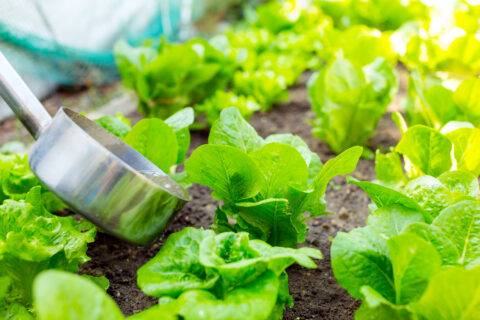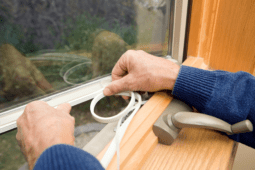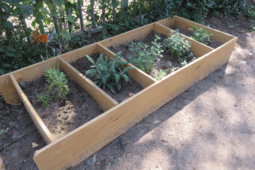How To Make Your Own Natural Fertilizer At Home
Gardening enthusiasts know that natural fertilizer is the secret to lush, healthy plants. While commercial fertilizers may provide a quick fix, they can be expensive and harmful to the environment. Fortunately, you can make your own natural fertilizer using simple, everyday materials.
Not only is this cost-effective, but it also reduces your carbon footprint and promotes sustainable gardening practices. ManMadeDIY is here to discuss five methods to make your own natural fertilizer, including composting, vermicomposting, and more! Each method has its own unique benefits and can be customized to suit your particular garden’s needs.
Whether you have a small balcony garden or a large backyard, these methods are easy to implement and will help you grow healthy, vibrant plants without using harmful chemicals. So, let’s dive in and learn how to make your own natural fertilizer!
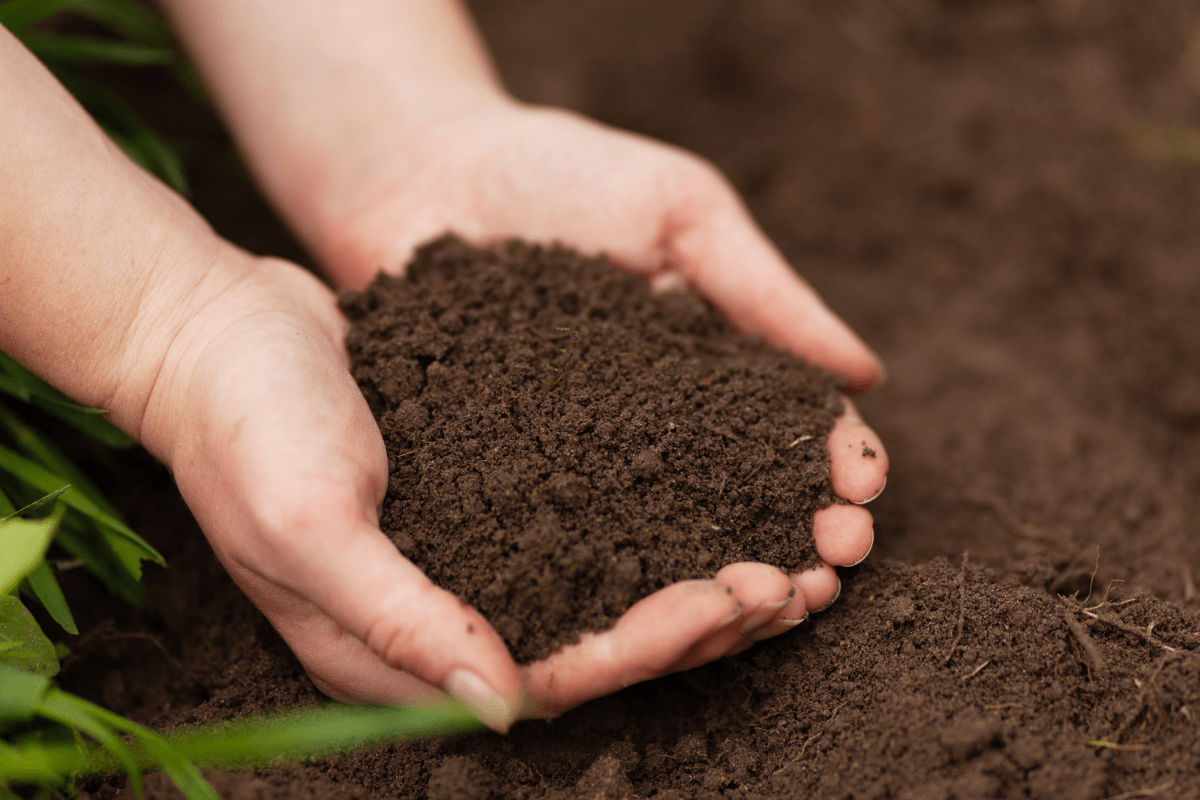
Composting
Composting is one of the most popular and effective ways to make your own natural fertilizer. All you need is a composting bin, some organic matter, and time. Start by collecting organic scraps such as fruit and vegetable peels, coffee grounds, eggshells, and yard waste. Layer the organic matter in your compost bin and let it decompose over time. The end result is a nutrient-rich compost that can be added to your soil.
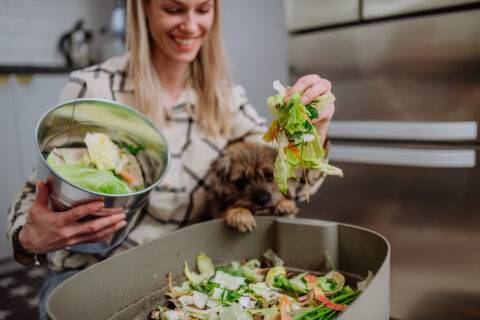
Vermicomposting
Vermicomposting is similar to composting but uses worms to break down the organic matter. You will need a worm bin, organic matter, and red wiggler worms. The worms will eat the organic matter and produce nutrient-rich worm castings that can be added to your soil.
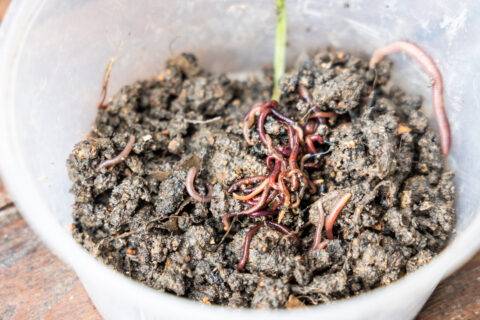
Manure Tea
Manure tea is a liquid fertilizer made from animal manure. You will need a bucket, water, and animal manure such as cow, horse, or chicken. Mix the manure with water in a 1:5 ratio and let it steep for 3-4 days. Strain the liquid and use it to water your plants.
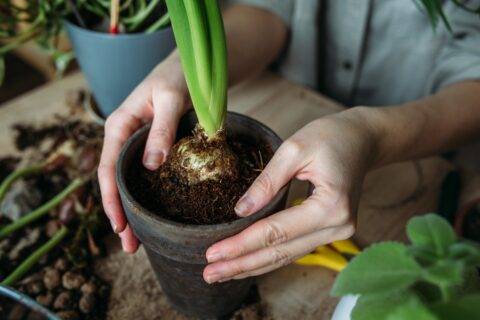
Banana Peel Fertilizer
Banana peels are a great source of potassium, which is essential for plant growth. To make banana peel fertilizer, cut up banana peels and bury them in your garden soil. As the peels decompose, they will release potassium into the soil.
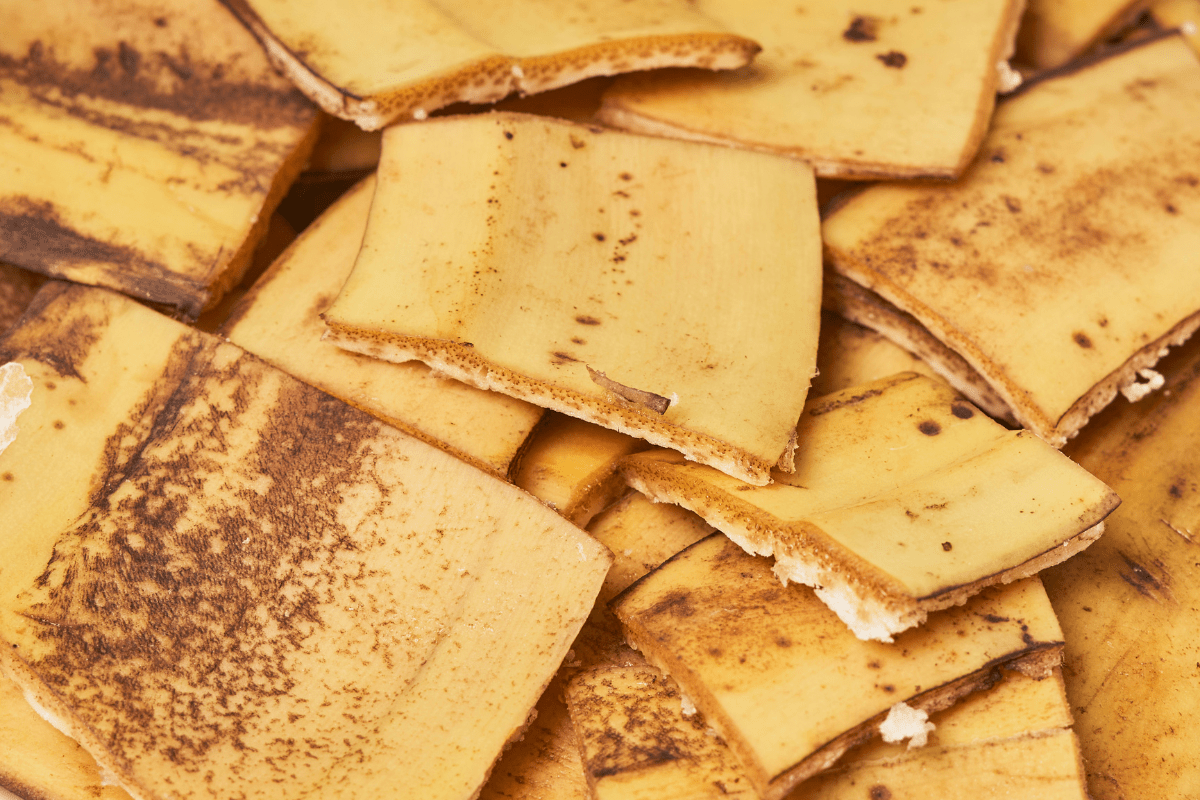
Epsom Salt Fertilizer
Epsom salt is a great source of magnesium and sulfur, both of which are important for plant growth. To make Epsom salt fertilizer, dissolve 1 tablespoon of Epsom salt in 1 gallon of water. Use the mixture to water your plants every 4-6 weeks.
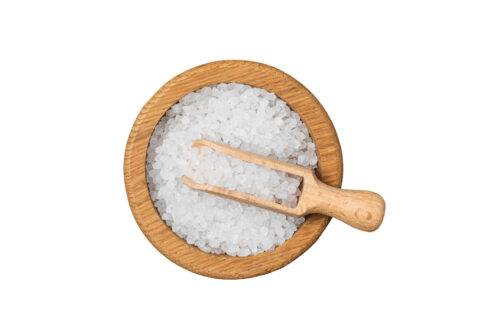
Fish Tank Water
Using fish tank water as a natural fertilizer is a great way to promote plant growth. Fish waste contains high levels of nitrogen, phosphorus, and potassium, which are essential nutrients for plant growth. Make sure to dilute the fish tank water with fresh water to avoid over-fertilizing and monitor plant growth to ensure they are not being harmed.
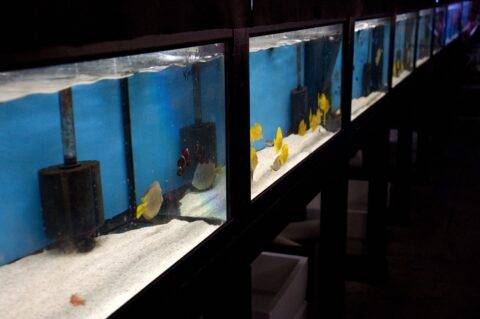
Coffee Grounds
Coffee grounds can be an excellent natural fertilizer for your plants. They contain nitrogen, phosphorus, and potassium, which are essential nutrients for plant growth. Simply sprinkle the coffee grounds on top of the soil around your plants or mix them into the soil when planting.
Be careful not to overdo it, as too much coffee grounds can make the soil too acidic for some plants. Additionally, coffee grounds can also attract earthworms, which are beneficial for the soil. So, the next time you make a cup of coffee, consider using the leftover grounds to give your plants a boost.
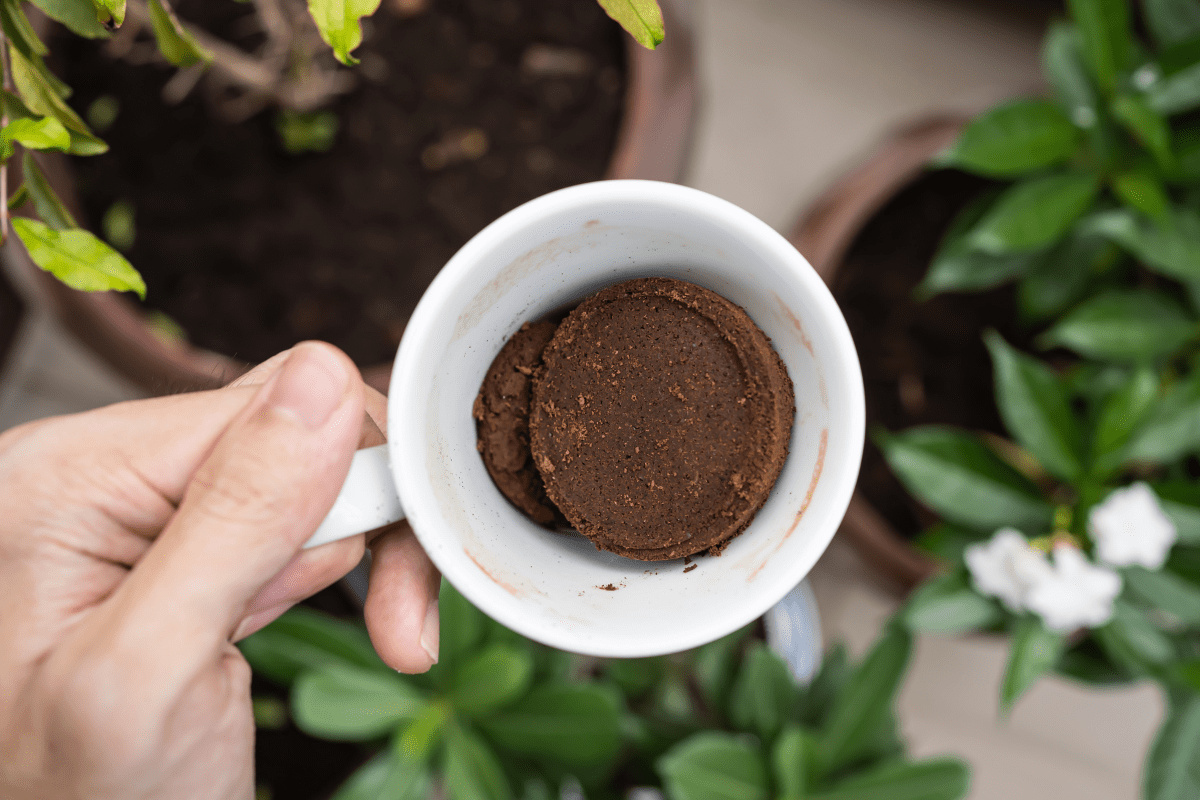
Egg Shells
Egg shells can be used as a natural fertilizer due to their high calcium content, which is beneficial for plant growth and development. They also contain other important minerals like potassium and magnesium. To use eggshells as a fertilizer, they can be crushed into small pieces and added to the soil or compost pile.
It’s important to note that egg shells should be thoroughly cleaned and dried before use to prevent the spread of bacteria. Additionally, it’s recommended to use eggshells in moderation as they can increase soil pH levels if used excessively.
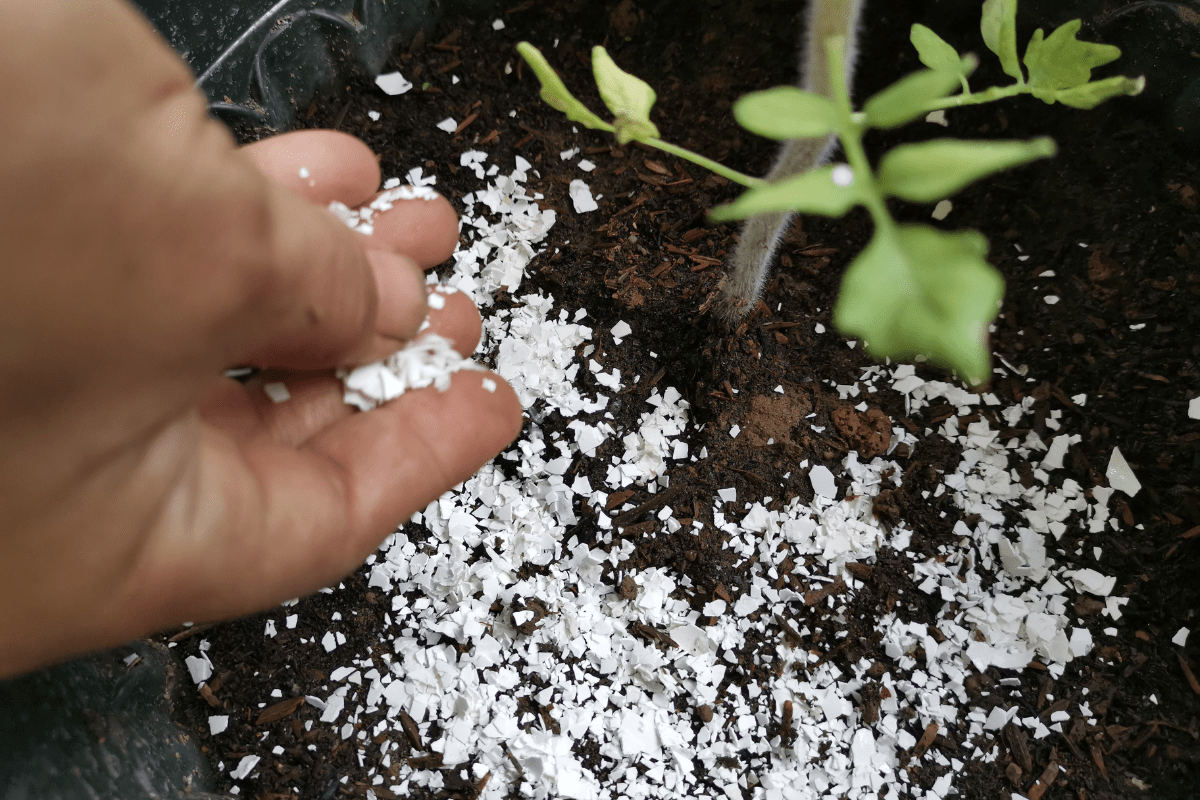
Bone Meal
Bone meal is a natural fertilizer made from ground-up animal bones. It is a great source of phosphorus and calcium, which are essential nutrients for plant growth. Using bone meal can help improve soil quality, promote strong root development, and increase crop yields.
It is especially beneficial for flowering and fruiting plants. However, it should be used in moderation as excessive amounts can lead to nutrient imbalances and harm the environment.
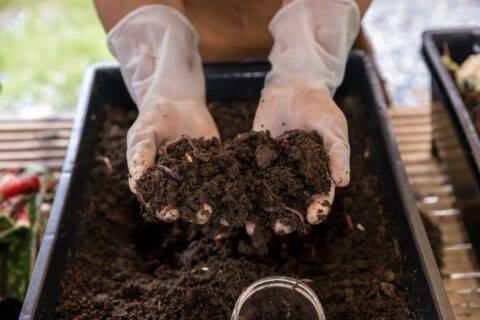
Molasses
Molasses can be used as a natural fertilizer in gardening and farming. It is a good source of essential nutrients and minerals such as calcium, potassium, iron, and magnesium. When used with water, it can help improve soil structure, increase microbial activity, and stimulate plant growth.
Molasses also acts as a natural insecticide, helping to repel pests and protect plants from disease. It is an eco-friendly alternative to chemical fertilizers and can be applied directly to the soil or added to compost.
By using these methods, you can make your own natural fertilizer at home and give your plants the nutrients they need to thrive. Remember to always use organic matter and avoid adding any chemicals or synthetic fertilizers to your soil. Happy gardening!
